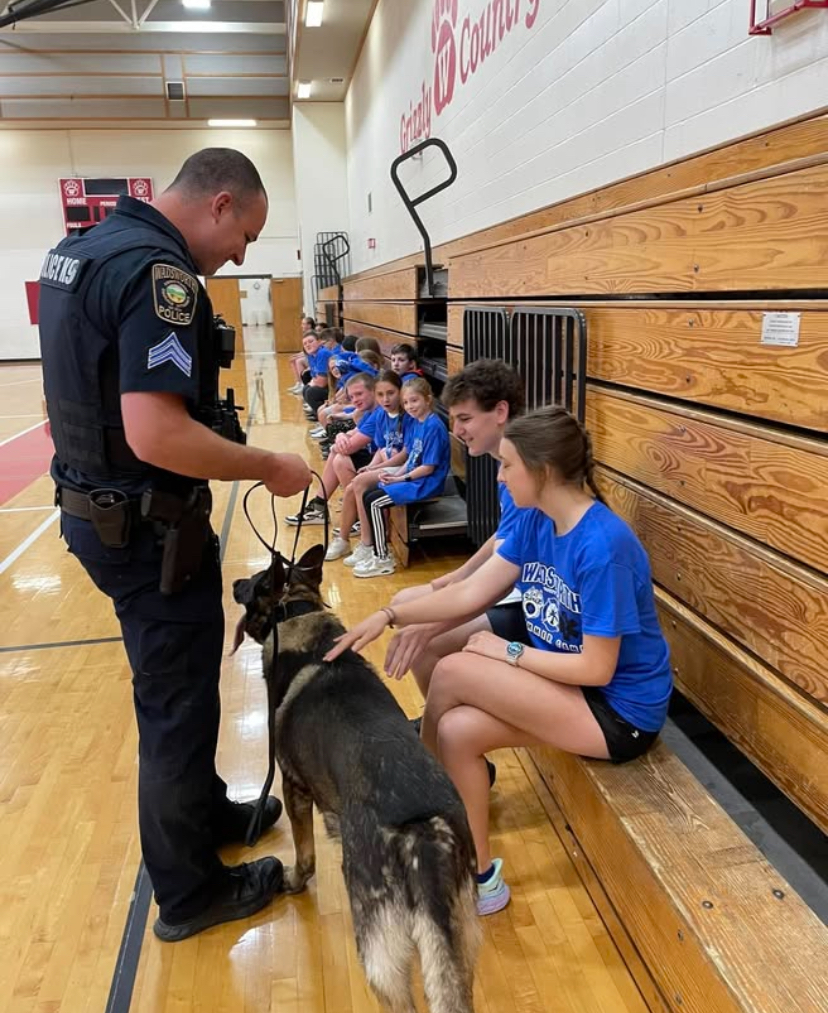
BY BRIANNA BECERRA
Beth Biggins-Ramer, Solid Waste Coordinator for Medina County, refutes the credibility of Fox 8. Their story frustrated her, as she reports that their claims caused backlash within the county in regards to the functionality of the recycling program run by Medina County. She states that the report made by Fox 8 in regards to the Medina County recycling program was inaccurate and did not include all of the information that she provided for them.
Biggins-Ramer explained that each garbage truck has a GPS, allowing the facility to track its route. Once the truck arrives at the Twinsburg plant, the materials are weighed and separated. She says that there is more than enough evidence to prove that the materials did in fact make it to the plant.
“We showed Fox 8 the truck GPS trail and the scale ticket, but they left that out of the story,” said Biggins-Ramer.
She claims that Fox 8 has reported the story incorrectly due to some sort of preconceived bias and explains that the recycling went to the recycling plant in Twinsburg to be sorted. This was not captured on the tracker, as it lost its signal after being picked up and turned on again after it was dropped off at the landfill. Biggins-Ramer argues that Fox 8 made the assumption that the recyclables never made it to the plant at all, creating a misleading story.
Biggins-Ramer justifies why the tracker was found in a landfill, as the tracker is not recyclable. She states that the plant sorts through the contents of the bins and discards the materials that cannot be recycled, called contaminants, and sends them to a landfill. This would prove the program to be successful, as the contaminants should find their place in a landfill.
Biggins-Ramer also evaluates the safety and the ethics behind placing trackers in the bins, as she claims that the trackers were powered by lithium ion batteries. These batteries have the potential to catch fire, putting employees and even the general public in danger all for the sake of an experiment.
“[Fox 8] didn’t think about endangering the workers,” stated Biggins-Ramer.
She believes that Fox 8 did not handle the story properly, causing it to be misleading. She confirms that the recycling program in Medina County is both functional and successful.

Nino Piccoli, Services Director for the City of Medina, has first-hand experience with the Medina County recycling program and refutes Biggins-Ramer’s claims. He candidly reports that the company that handles recycling in the county is misleading those that take the time to recycle.
Piccoli explains that sanitation programs around the county, such as the Wadsworth Sanitation Department, are required to keep public records. This company, however, is a privately operated company, meaning that they are capable of hiding their records. This allows them to keep their sales private, so there is no way to prove that the recyclables are being recycled unless they release their records.
“Private haulers and operators are less than truthful about the amount [of] material collected and [that is] actually marketable,” said Piccoli. “The issue is that [they are] a private entity and their records are just that: private.”
Piccoli explains that it costs this company to recycle, which is why they send it to the landfill. It ensures that they are able to make a profit, even if it means deceiving citizens that go out of their way to recycle.
Wadsworth City councilman, Dave Williams, confirms Piccoli’s claims. He says that the Medina County recycling company has never provided the proof that their materials are being recycled. While he admits that contamination of the recycling bins can be a contributing factor, little to nothing is recycled even if it is clean.
Williams backs up the credibility of Fox 8’s story, saying that Medina County was caught red-handed and attempted to cover it up. This recycling program has been under scrutiny for many years, and this damning evidence proved that it was not as functional as the residents had been led to believe.
“There was no way to tell where these things went until there was a tracker put in it,” explained Williams.
Though Medina County has come under fire for their lack of transparency, Williams says that this is just the tip of the iceberg of a much larger problem. Fox 8 exposed Cleveland for having a faulty program as well, showing that Medina County is not alone. Williams reports that programs all over the nation fail to recycle, as there is currently no place to sell the recyclables.
“There’s no market for all of the materials collected,” reported Williams.
Without a market to sell their goods, these recycling companies are not able to make a profit. Profit is a driving factor of recycling, as companies like Medina County’s will go under if their services are not profitable. This makes it difficult for companies to recycle, potentially forcing them to be deceitful.
Piccoli feels that many reforms must come about in order to secure a clean future for the planet and that these reforms must occur not only at the county level, but the state and federal level as well.
“People feel good about taking the time to recycle, however I’m confident [that] the majority of material picked up as recycling ends up in the landfills,” stated Piccoli.
Piccoli is not alone in feeling frustrated by the recycling program within the county, as Allison Parsons, teacher and advisor of the recycling club at WHS, feels similarly.
“We have so many students here at the high school that work diligently to handle our recycling every week, and to see it just end up in a landfill is extremely disheartening,” said Parsons.
Expense is a factor in the function of recycling programs throughout the state, as it costs large sums of money to provide individual bins for all residents. This has been a request by some Medina County residents, as they are required to put in the effort of transporting their own recyclables to various bins around the county. Even with this barrier, some residents still do their part to try to make the world a cleaner place, including WHS.

Over the past two years WHS has worked to ensure that recycling is a priority. There are small recycling bins in every class, and the recycling club comes around to collect them each week.
The program for recycling at WHS began during the 2018-2019 school year, and it is run by students. Parsons says that starting the recycling club was no easy task, but that she wanted to make a difference and to teach students how to recycle.
“There were so many hoops to jump through with starting this club,” stated Parsons. “It was in the works for over a year.”
Biggins-Ramer praises the work of Wadsworth High School students to make recycling important within the school. She says that the students here began one of the first recycling clubs in the county and have even influenced other schools to follow their lead.
“These students have become the leaders of recycling programs in high schools throughout the county,” said Biggins-Ramer.
Though Parsons is proud of the progress of the recycling club, she says that students need to be educated on what is recyclable and what is not. She reports that this issue stems from the lack of education that students receive in regards to recycling.
“I’m constantly picking plastic bags out of our recycling bins,” said Parsons. “Students think that just because it’s made out of plastic, it’s recyclable.”
She proposes the idea of an environmental club as a solution to this, as she wants students to be educated on whether certain items can be recycled or not. Parsons also proposes the idea of integrating lessons about recycling into some courses at the high school, as she believes that it is a necessary skill to learn how to recycle properly and prevent contamination.
The bins at the high school were put in place to collect glass, some kinds of plastic and paper. Though all of these materials are accepted, a vast majority of recyclables are paper. Piccoli proposes a different idea for where the paper could go.
He explains that the Abitibi Paper Retriever Paper Recycling Program recycles paper goods that are put in their bins, and that the high school can be paid per ton of paper recycled. This would not only ensure that the paper is being reused, but Wadsworth High School could profit from it as well.
“The kids are doing a great thing at the high school, so this would guarantee that everything would be recycled and their efforts wouldn’t be wasted,” said Piccoli.
Putting this new program into place would most likely replace the recycling program at WHS, or potentially add a new layer to it. This would mean that paper would have to be separated from the rest of the materials, as the Abitibi Paper Retriever is exclusively for paper.
Parsons agrees that it would be beneficial to make money off of recycling paper, but it may be difficult to enforce this program alongside the current program. Due to the need of the paper to be separated, a specific bin would need to be placed in each classroom to ensure that all materials are being properly sorted. This may cause a problem for multiple bins to have the incorrect type of recyclables be dispersed throughout.
“Putting multiple bins in each class could cause contamination rather easily,” explained Parsons.
Parsons believes that there are better ways to try to save the environment, such as using reusable water bottles.
“We could save so much plastic if students brought reusable water bottles to school, rather than the plastic ones,” stated Parsons. “Reusing things like these can make a difference as well.”
As a whole, it is relatively unknown if the recycling program in our high school or even Medina County is as successful as it claims to be. Though recycling does not necessarily hurt the environment, Parsons, Biggins-Ramer, Piccoli and Williams have all agreed that reducing the consumption of single-use goods is the most beneficial solution.
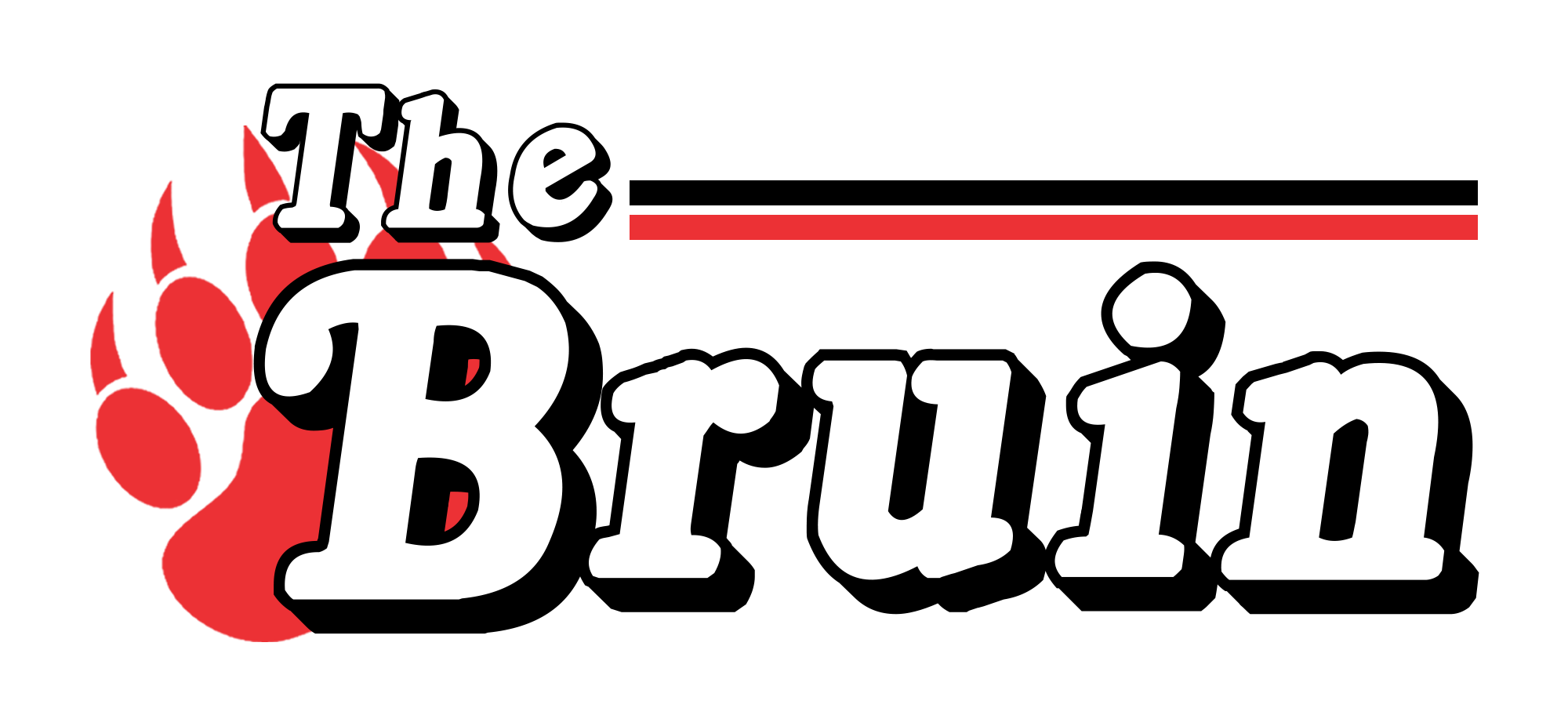
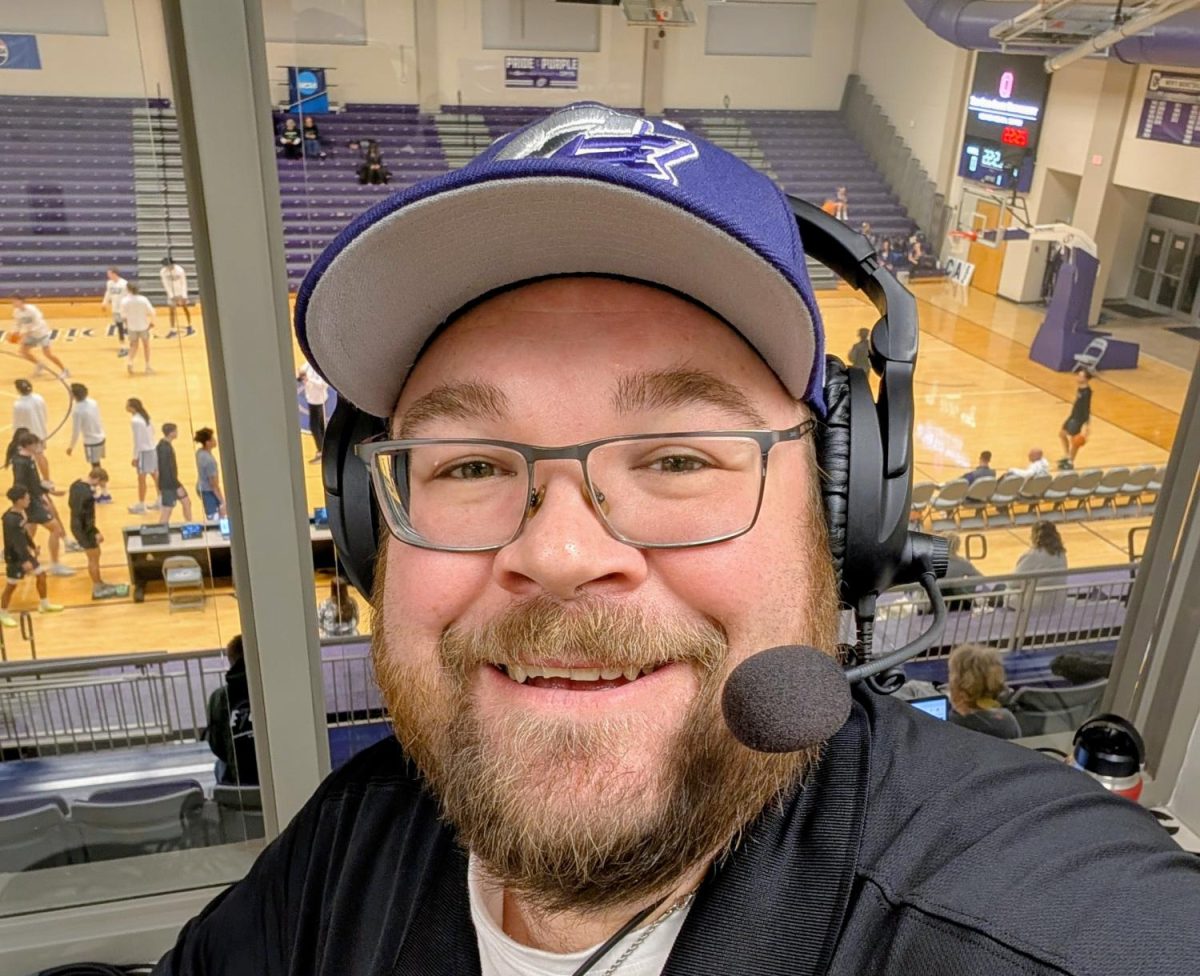
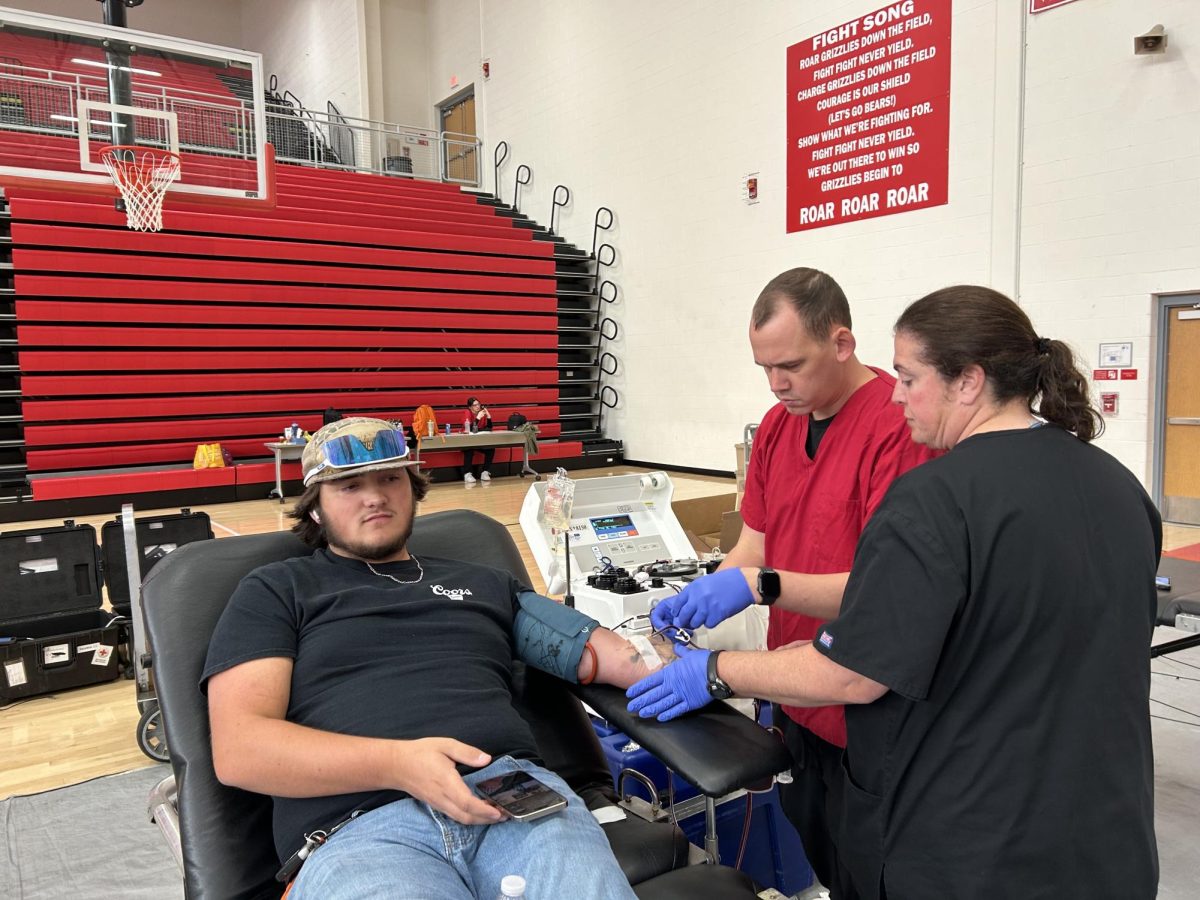
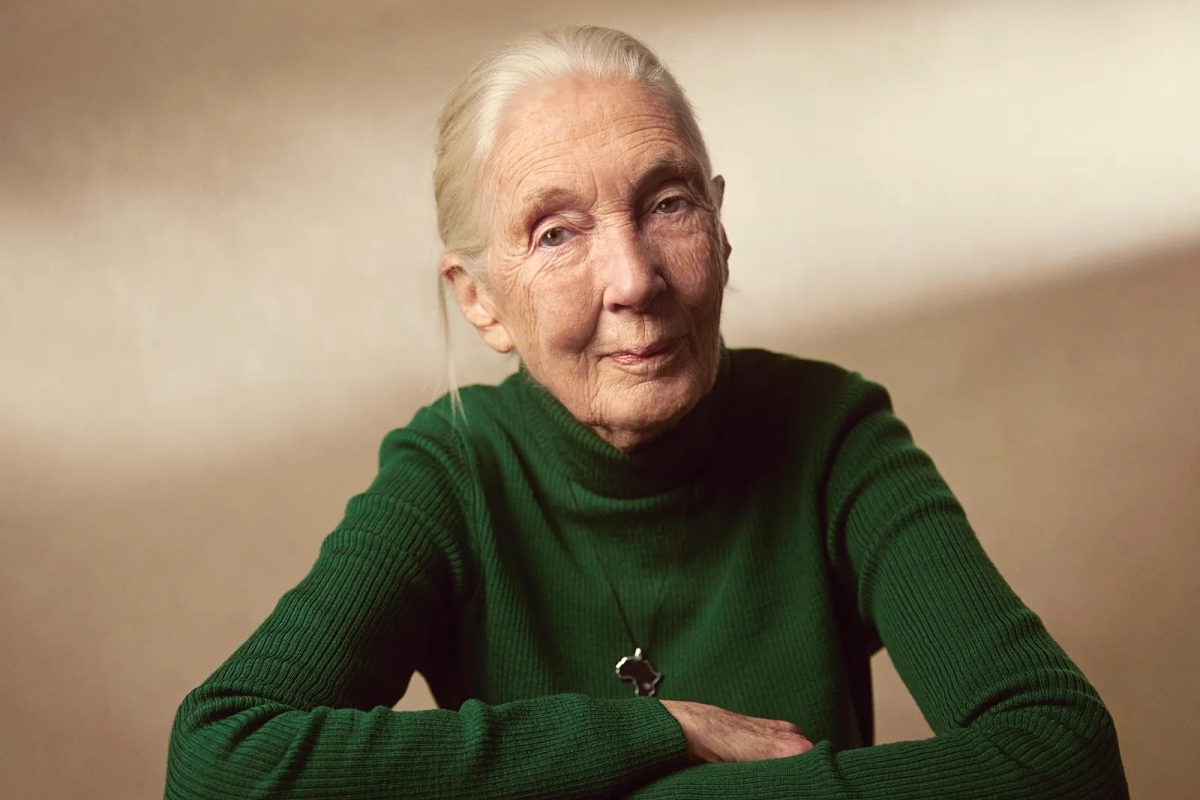
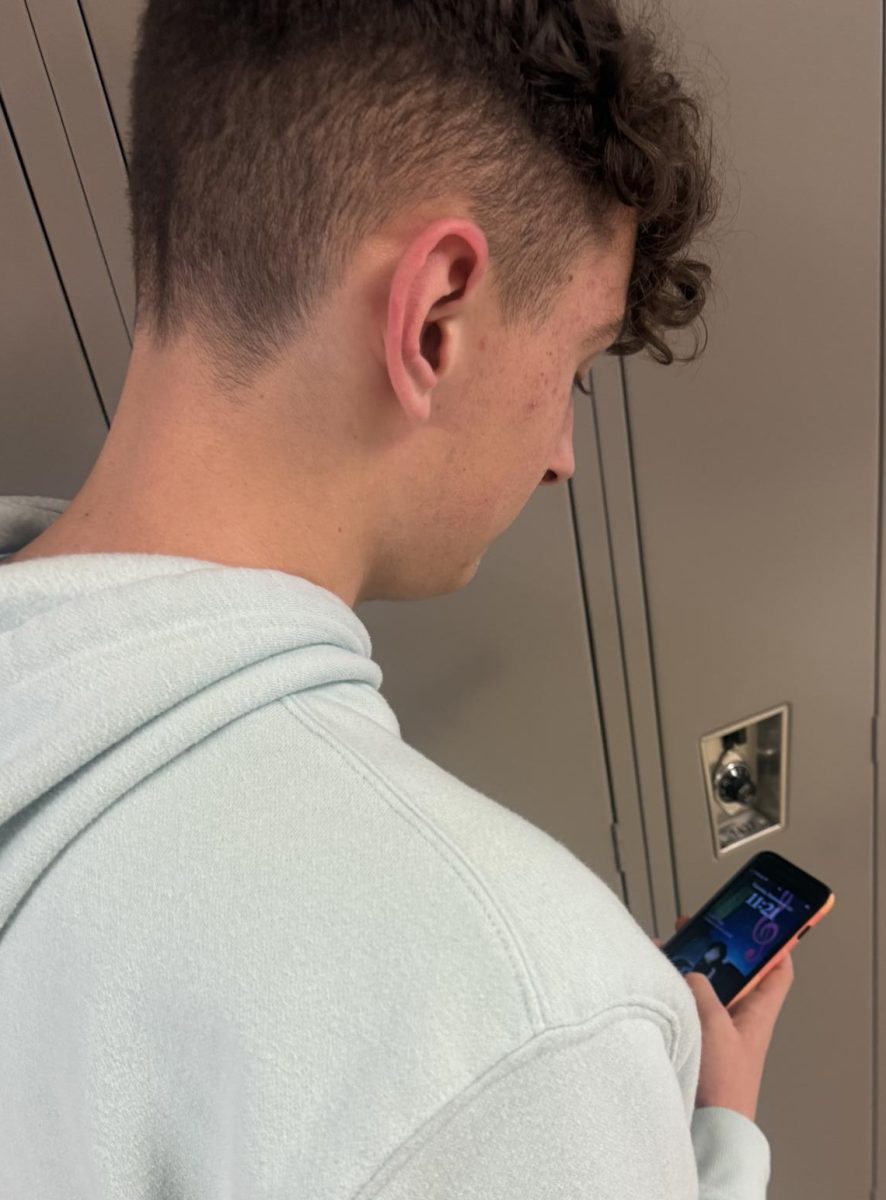

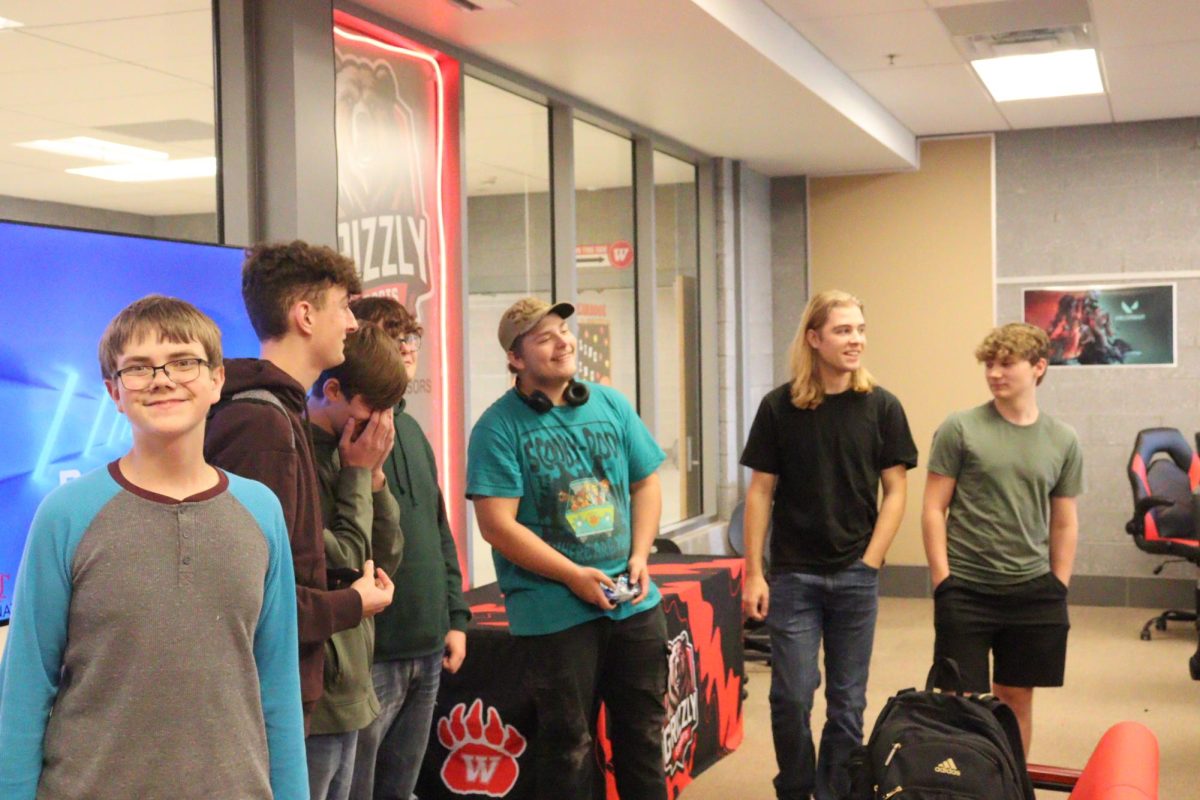
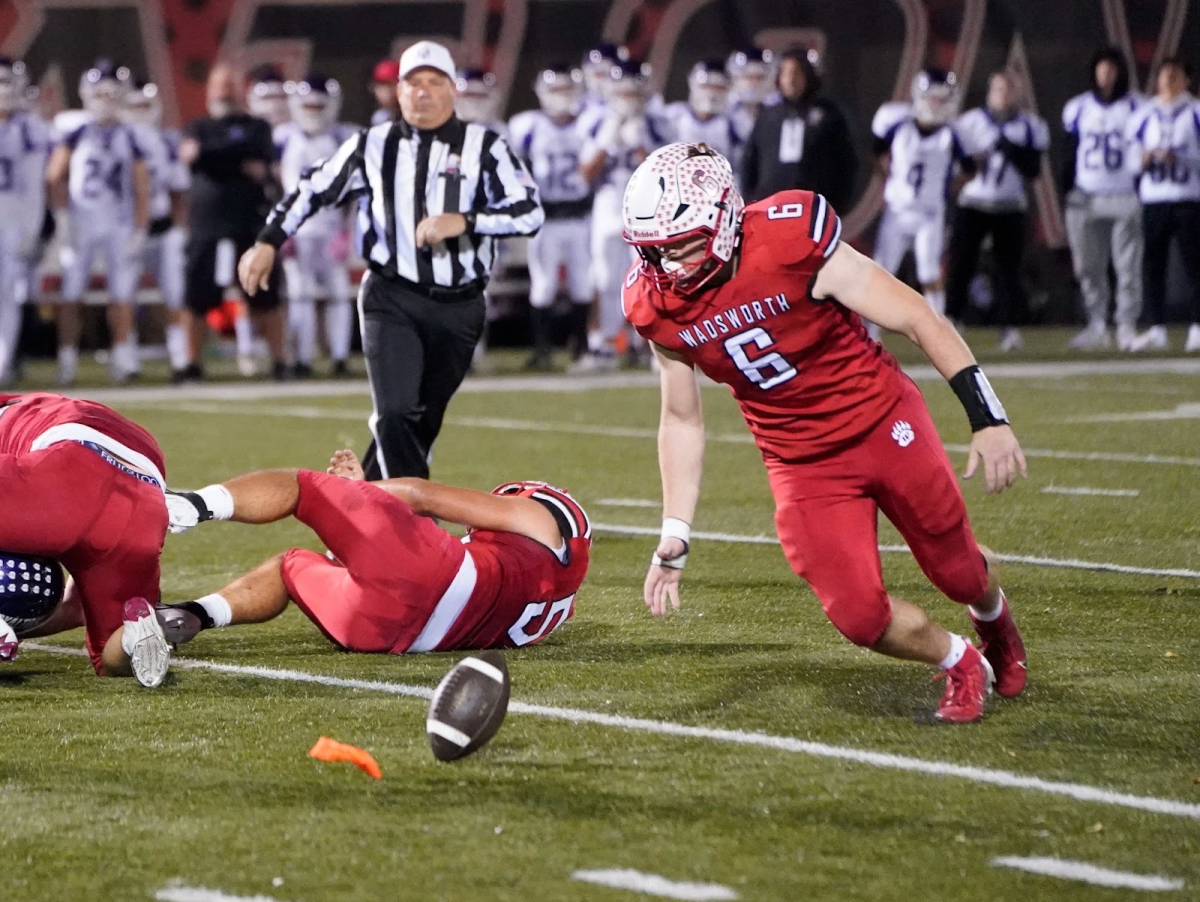
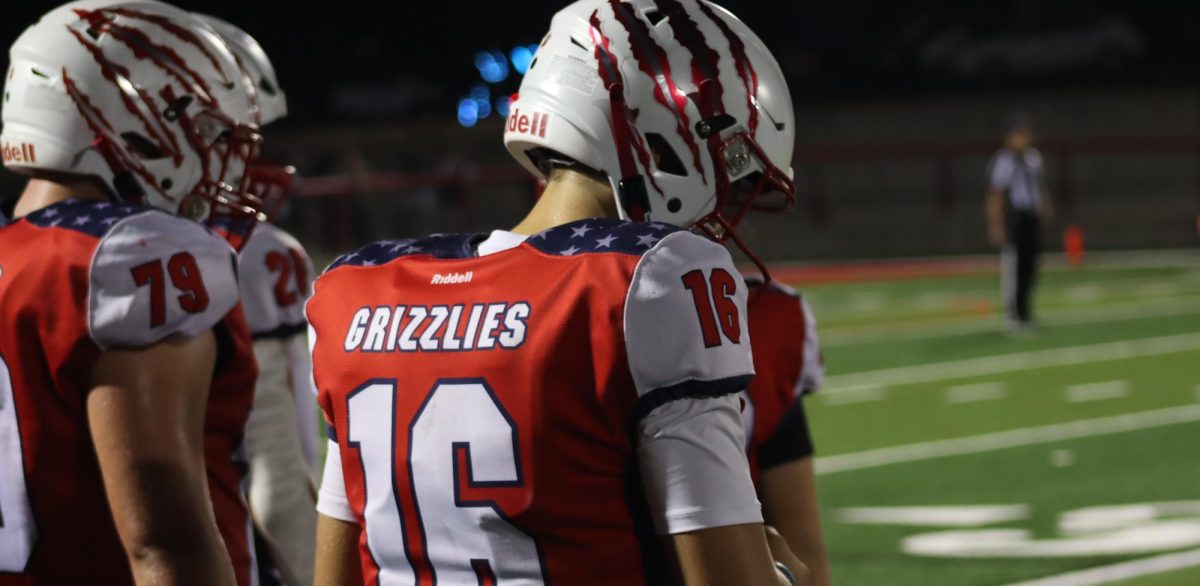
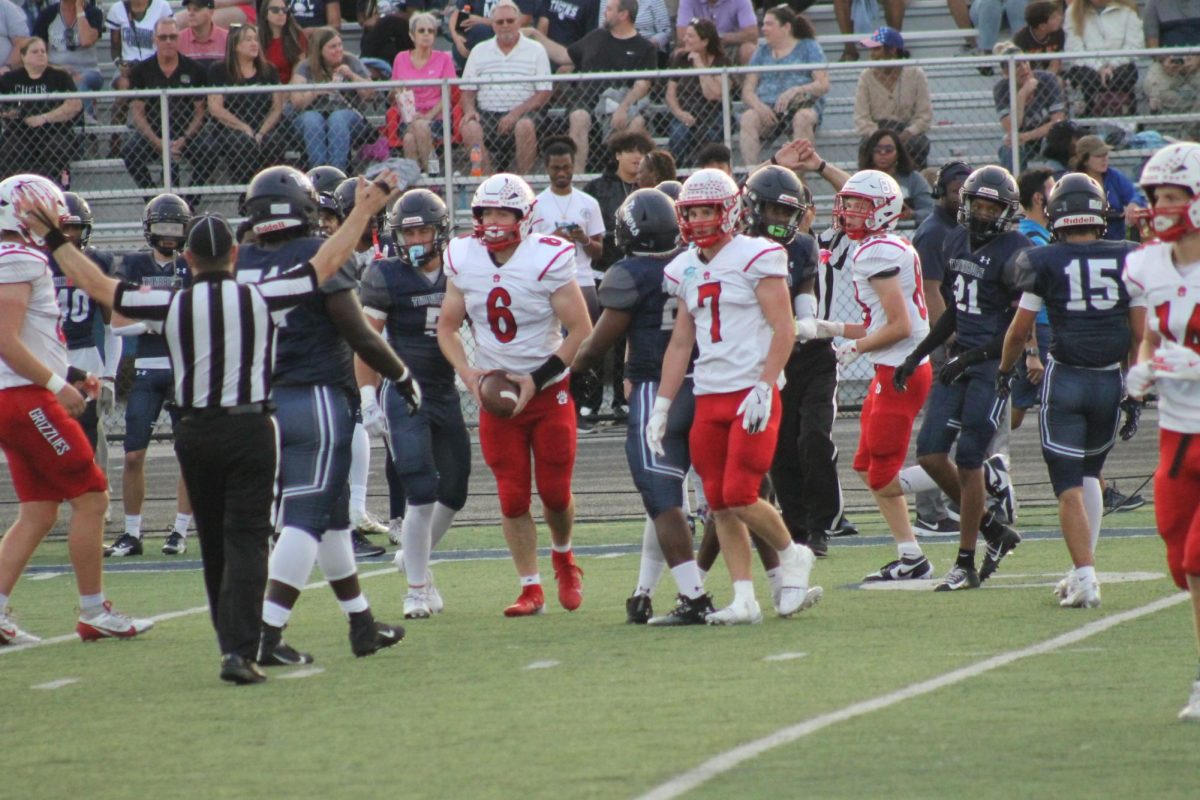



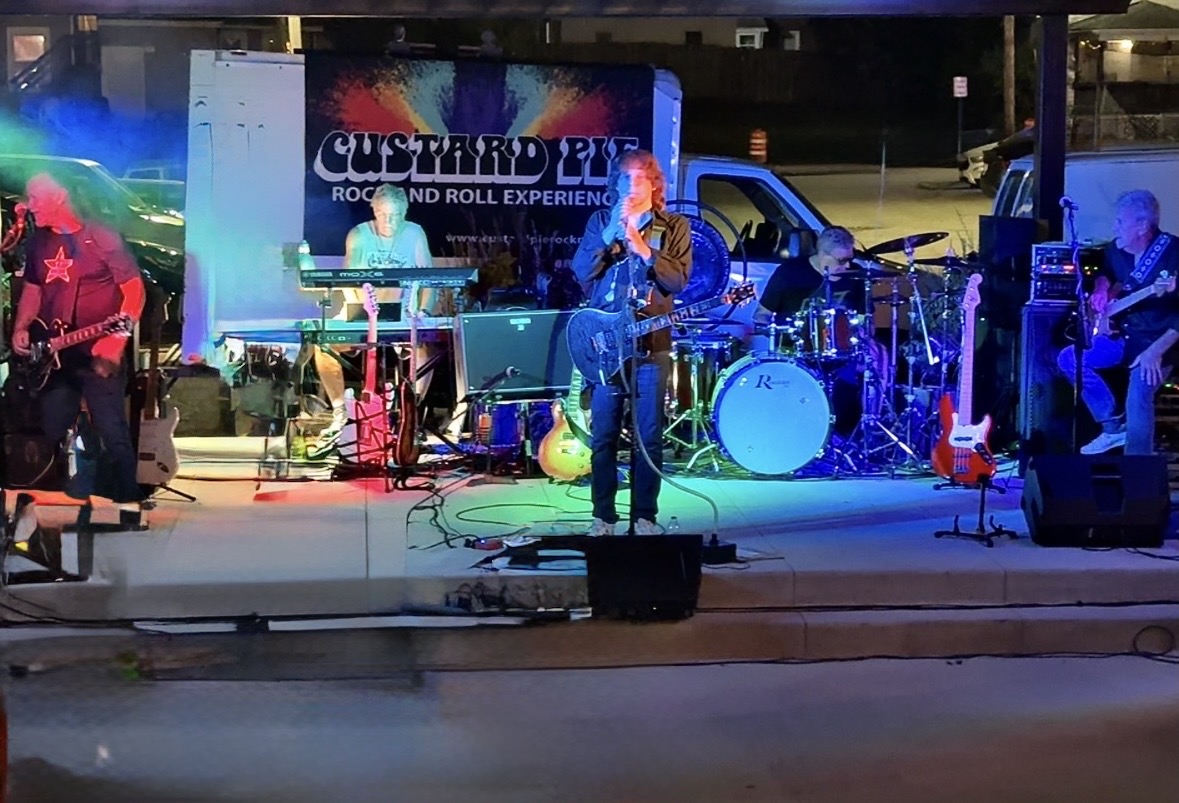

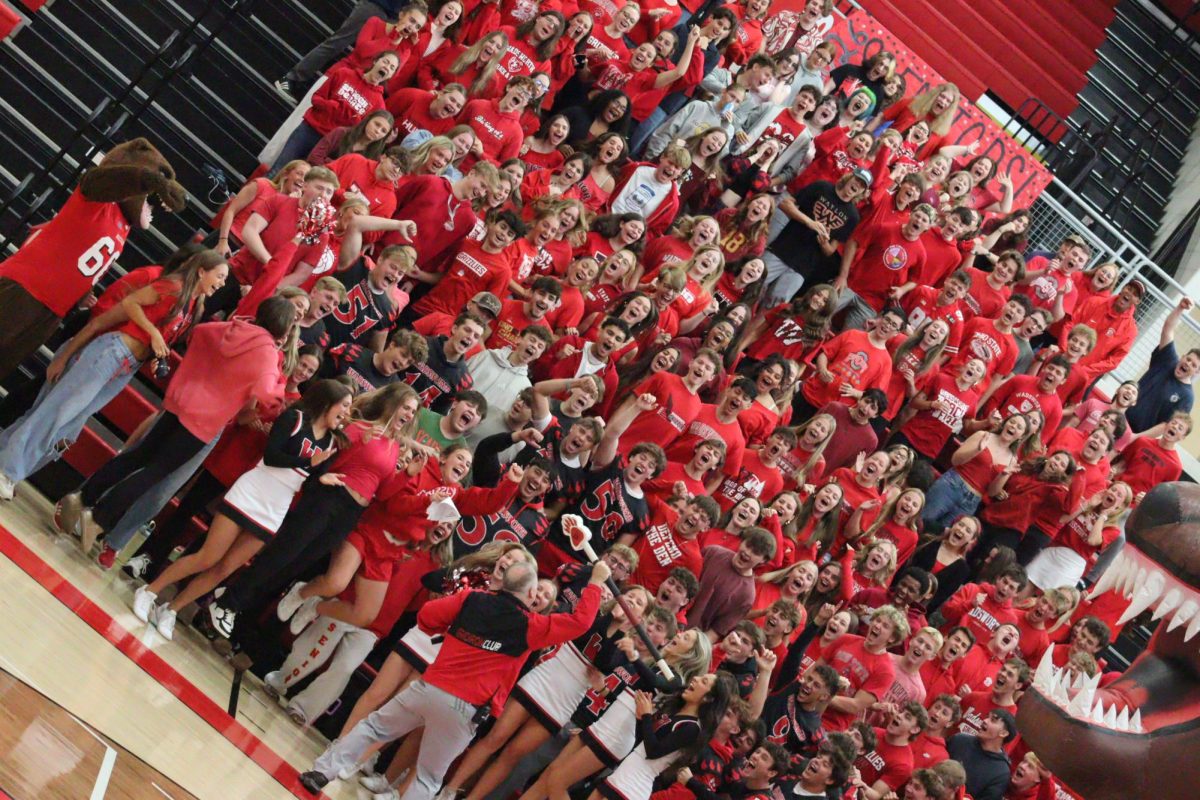
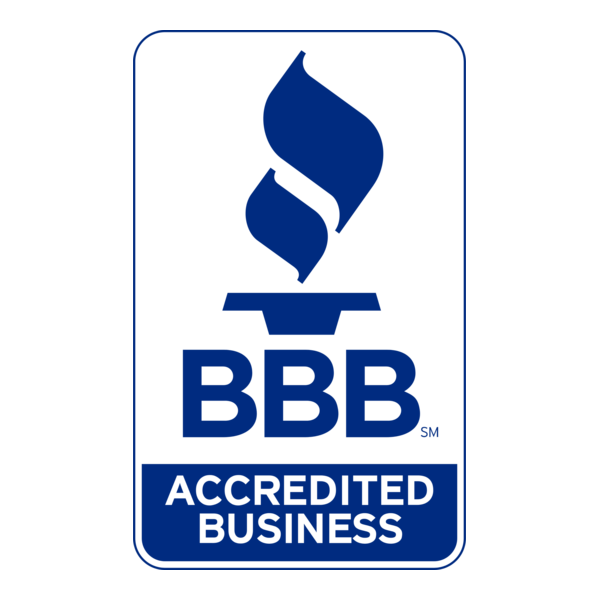

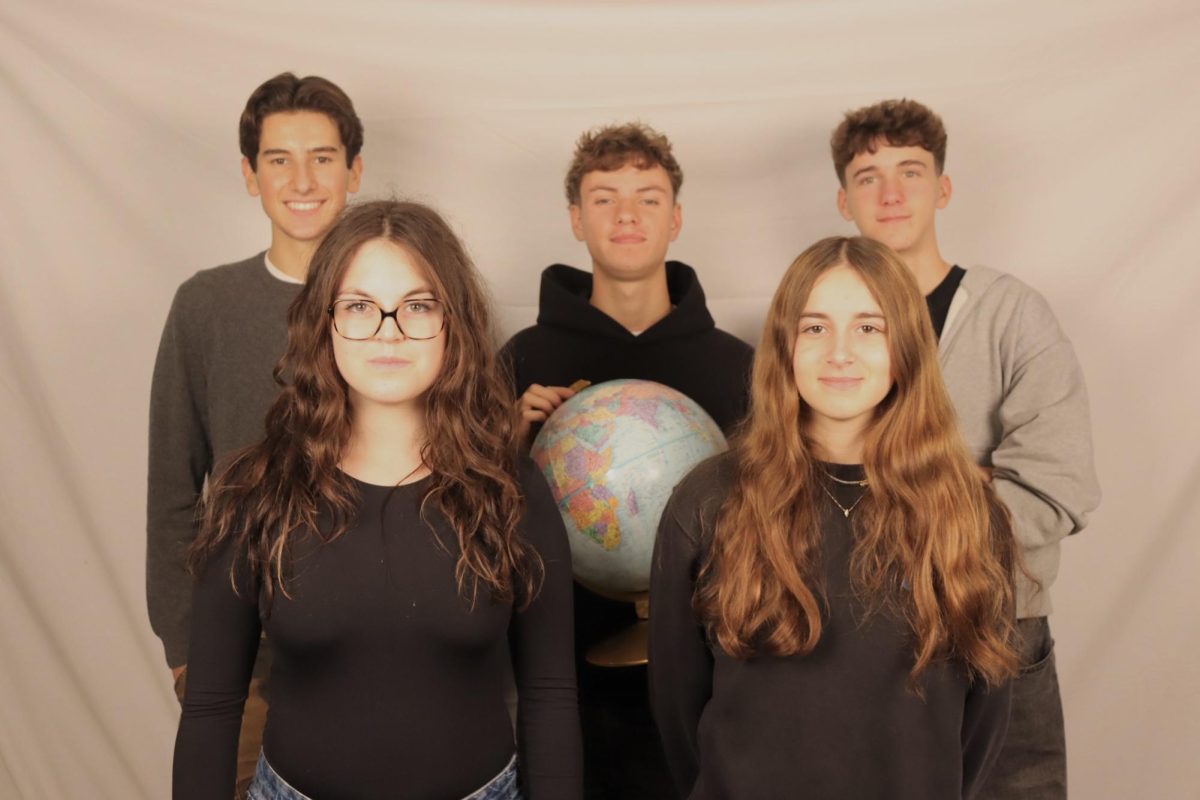

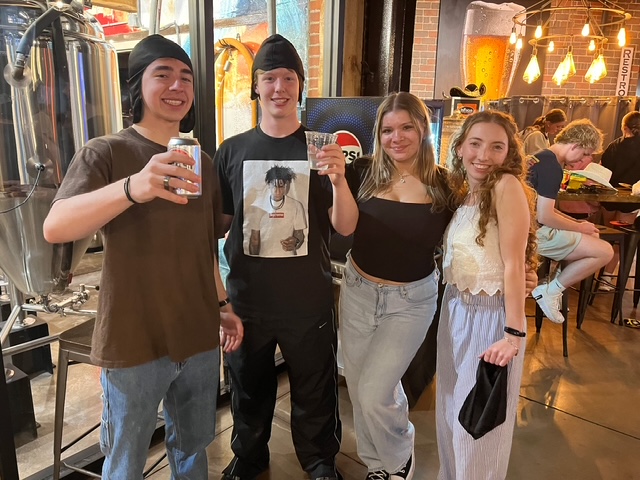
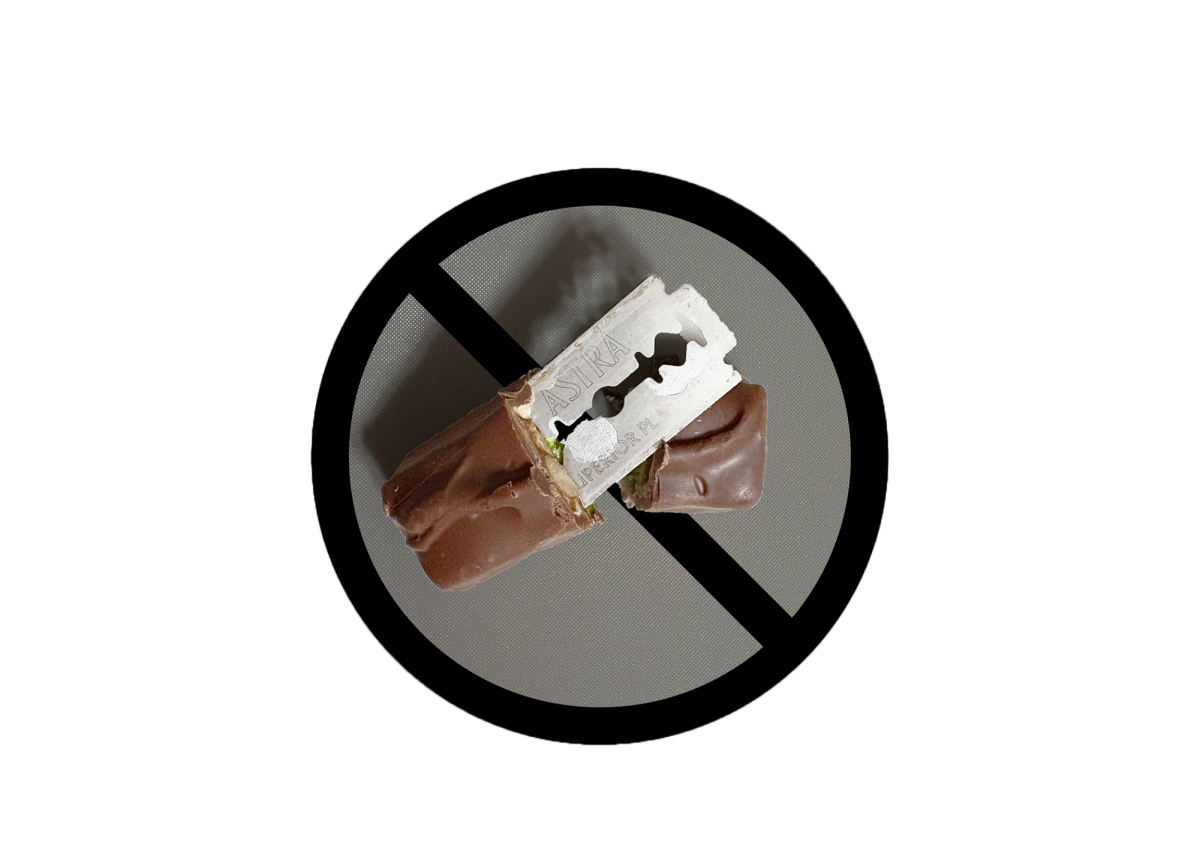
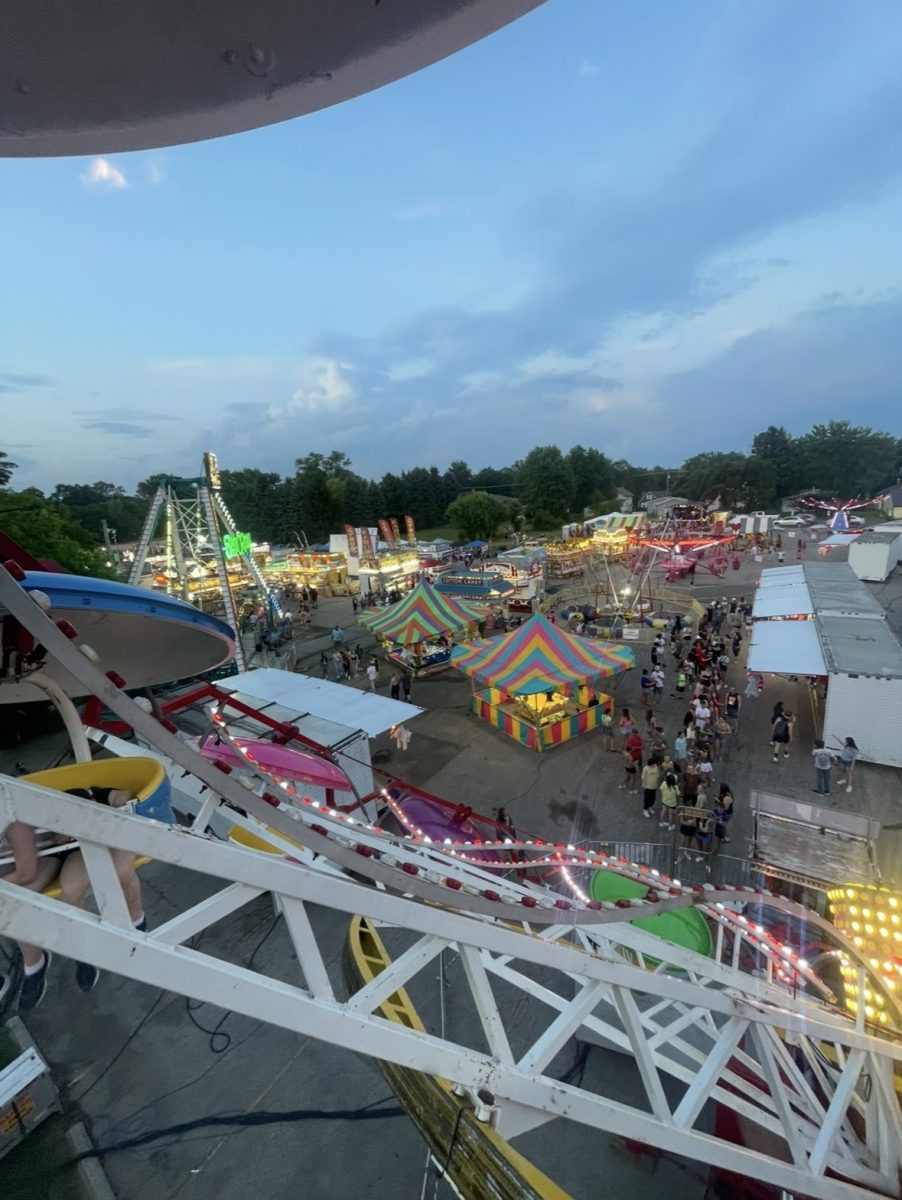


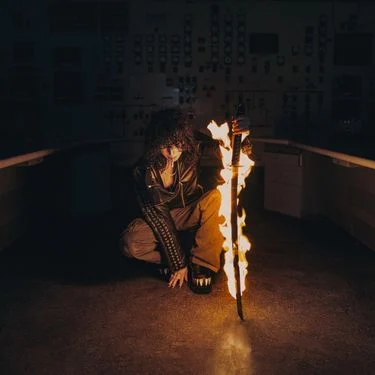
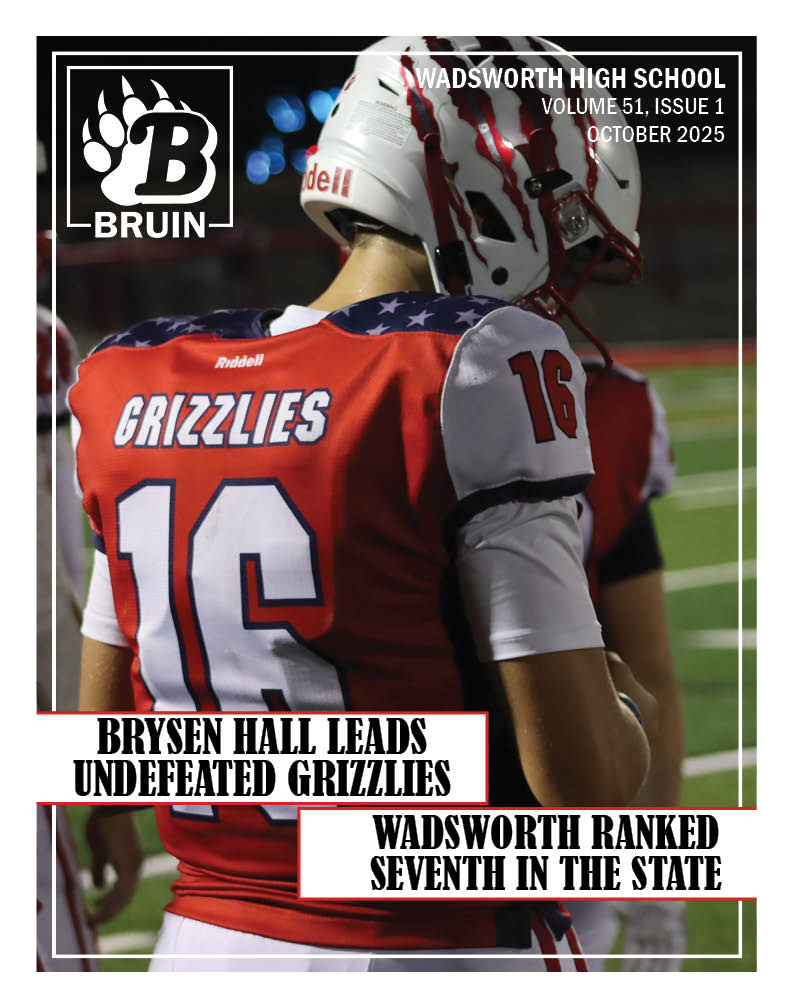
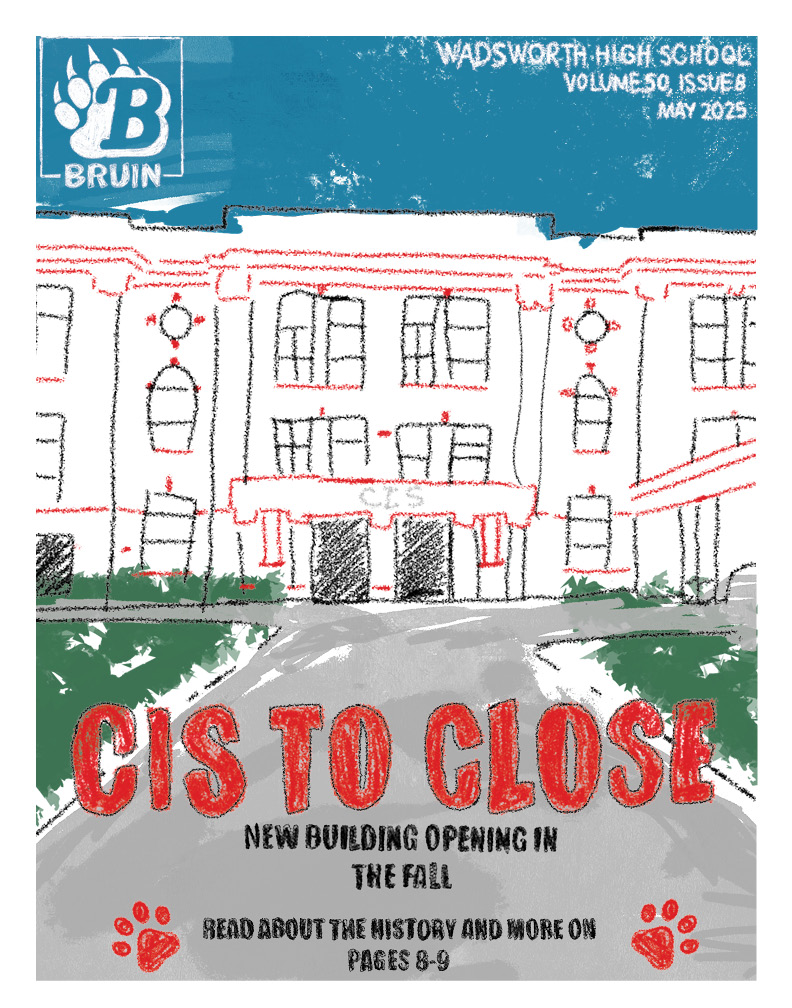



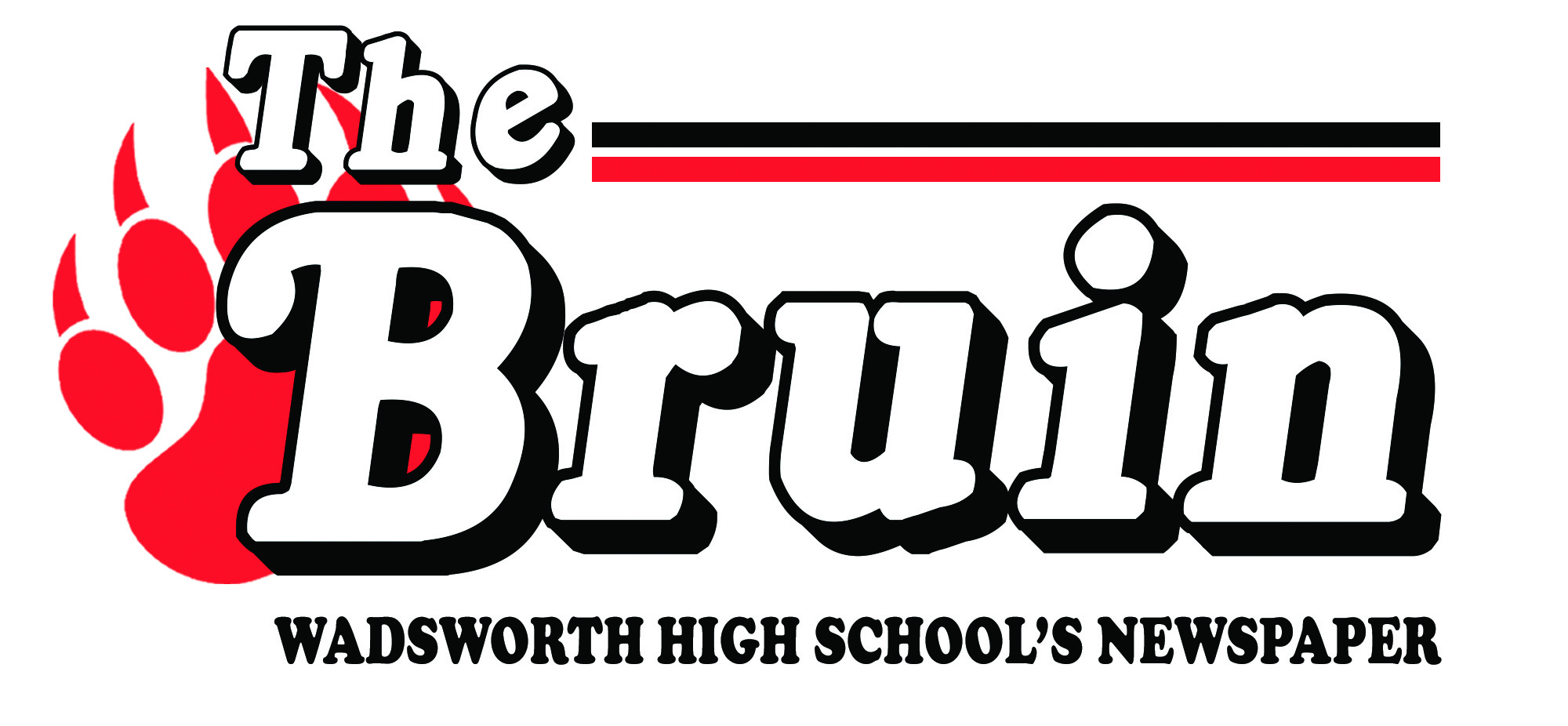
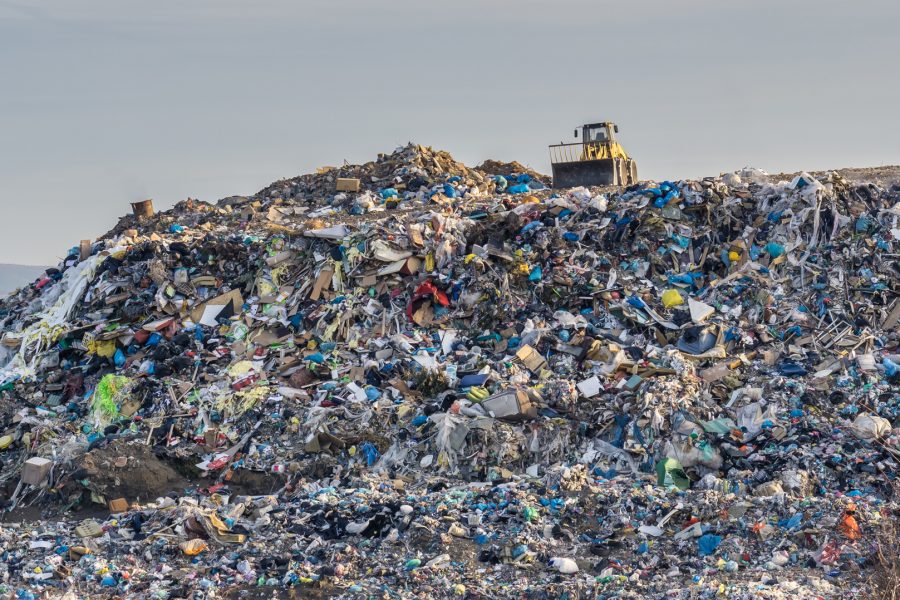
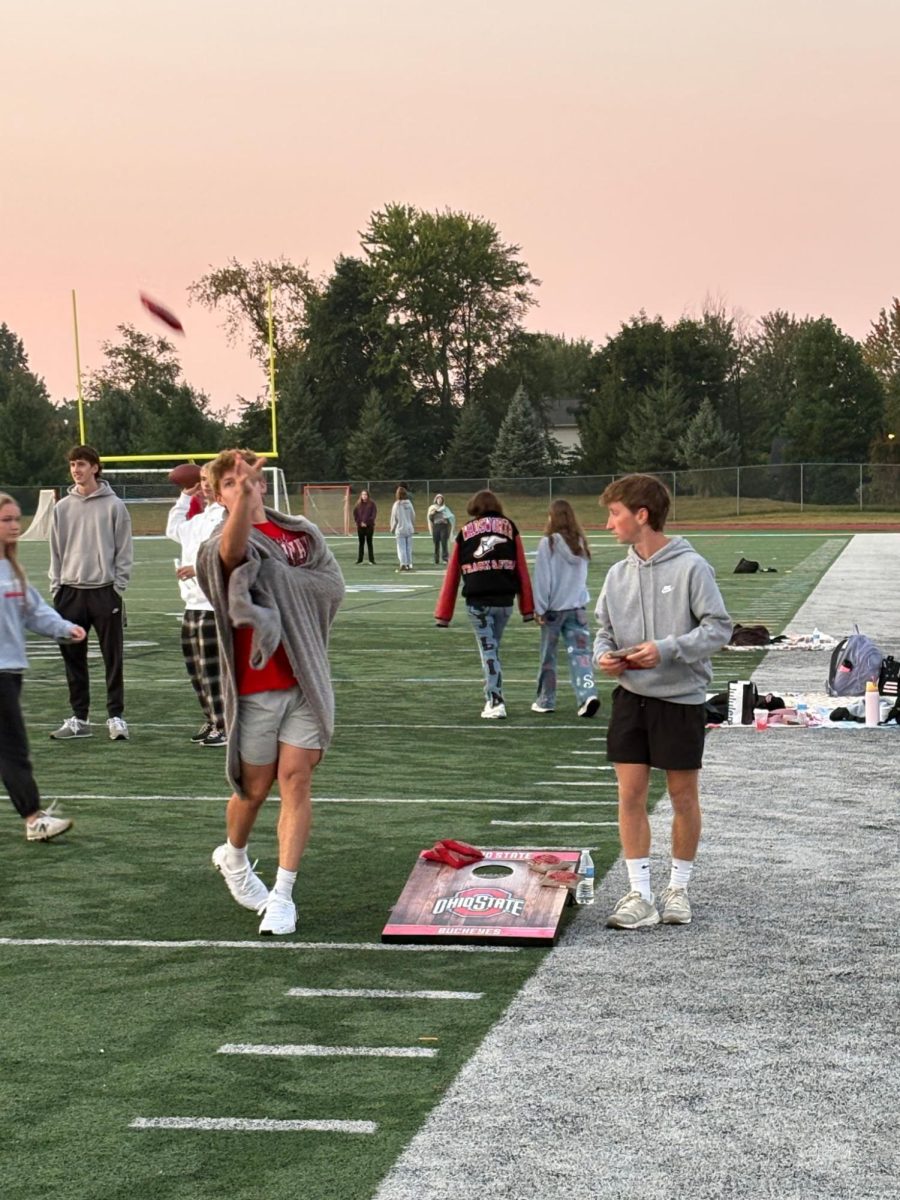
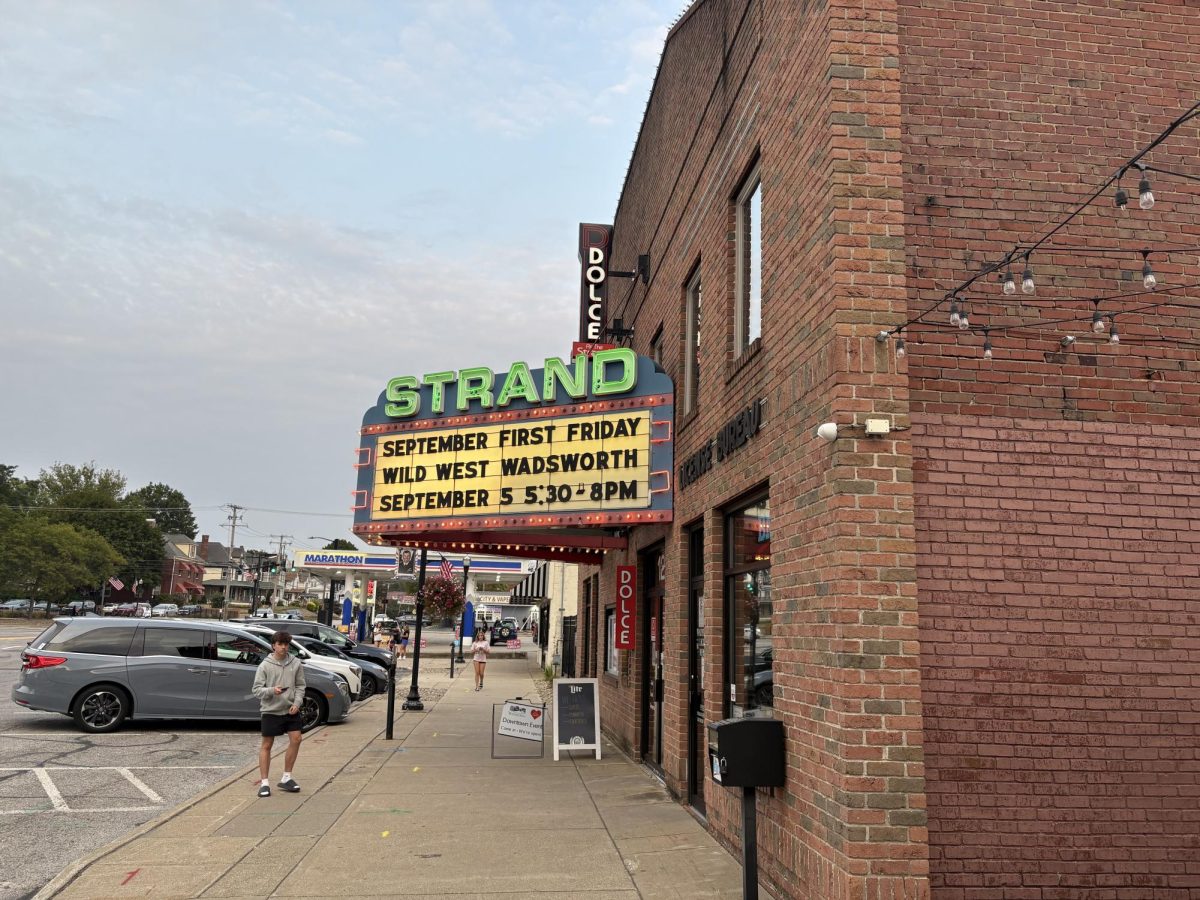
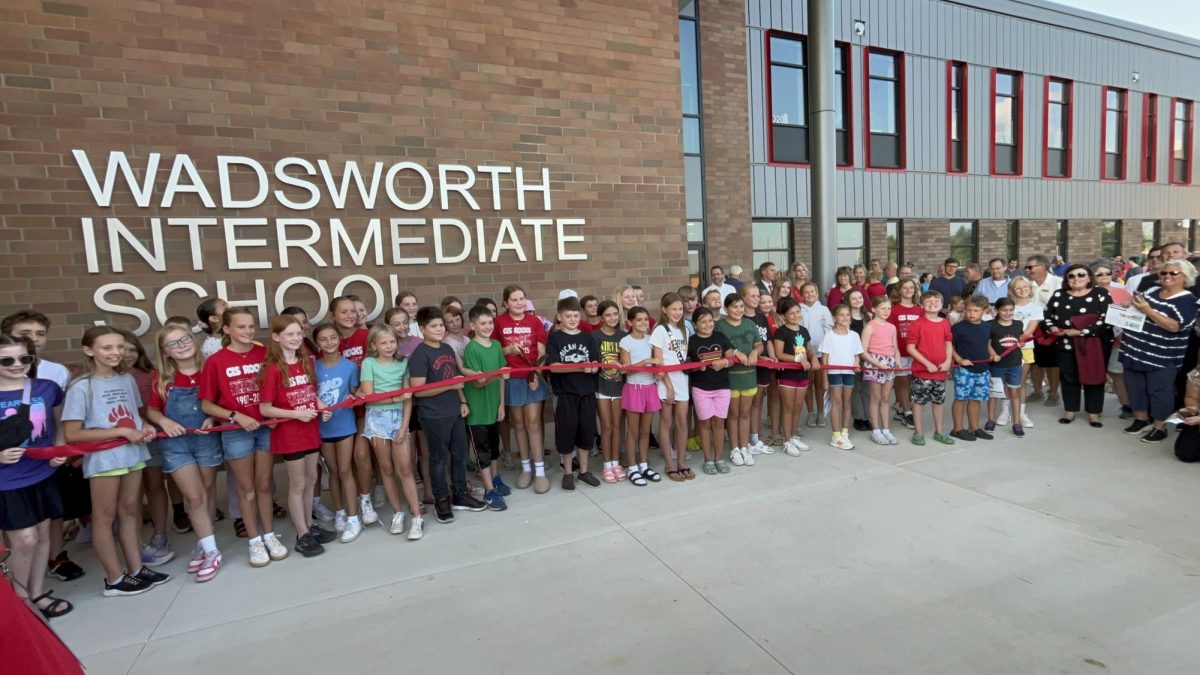
![Wadsworth's Class Of 2025 Walks At Graduation Ceremony [Photo Gallery]](https://wadsworthbruin.com/wp-content/uploads/2025/05/IMG_9018-1-1200x800.jpg)
